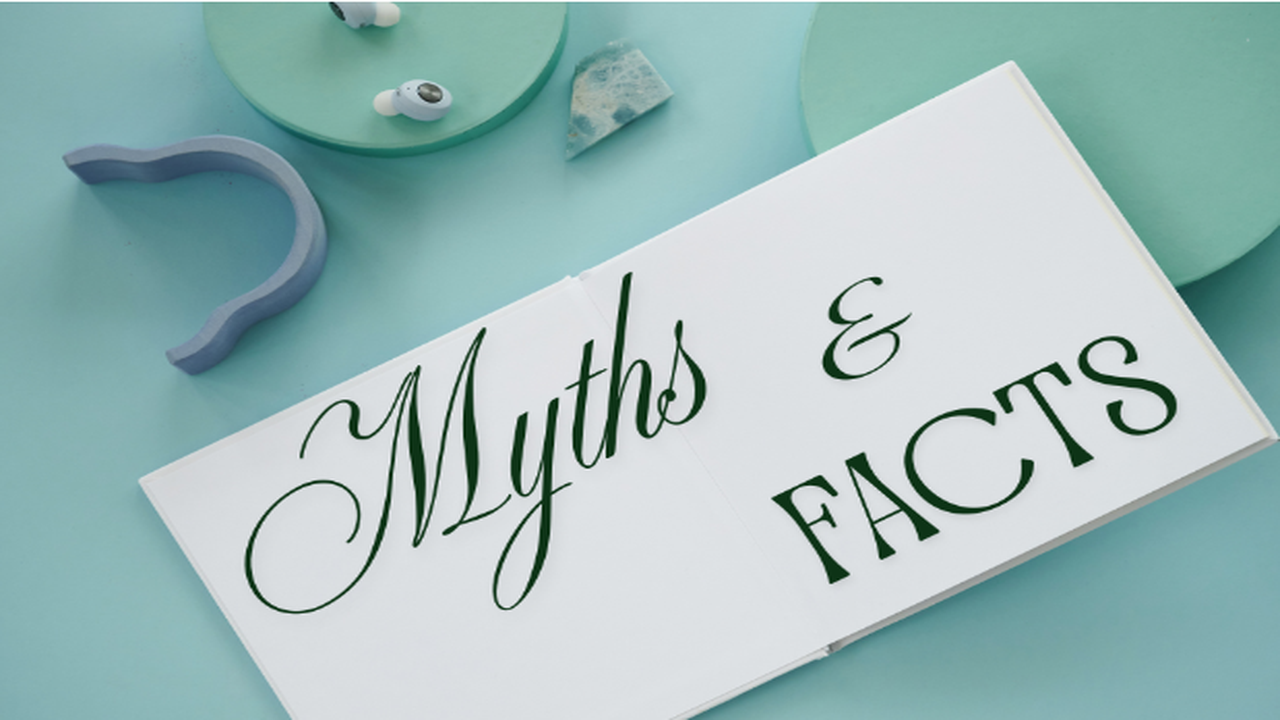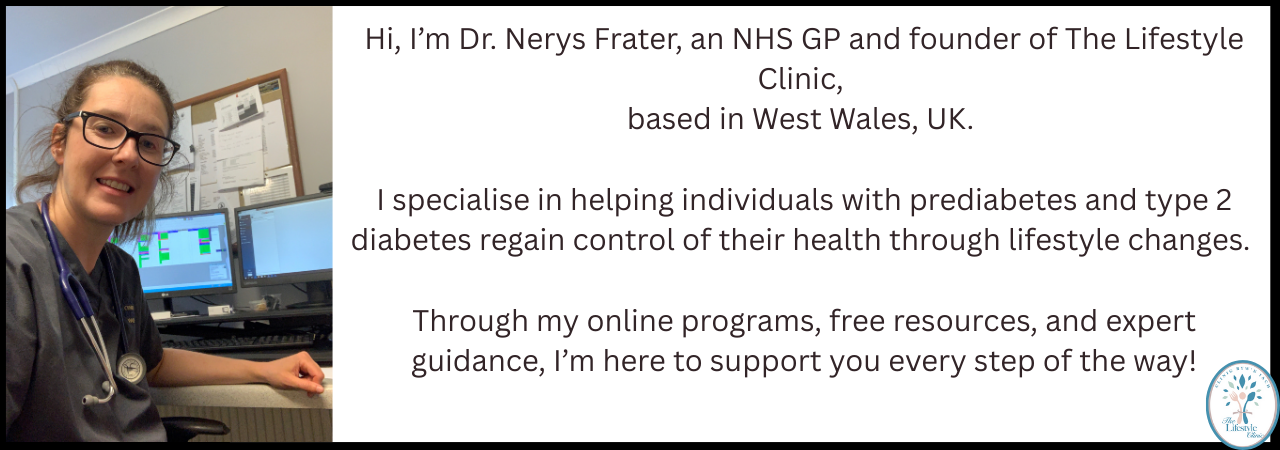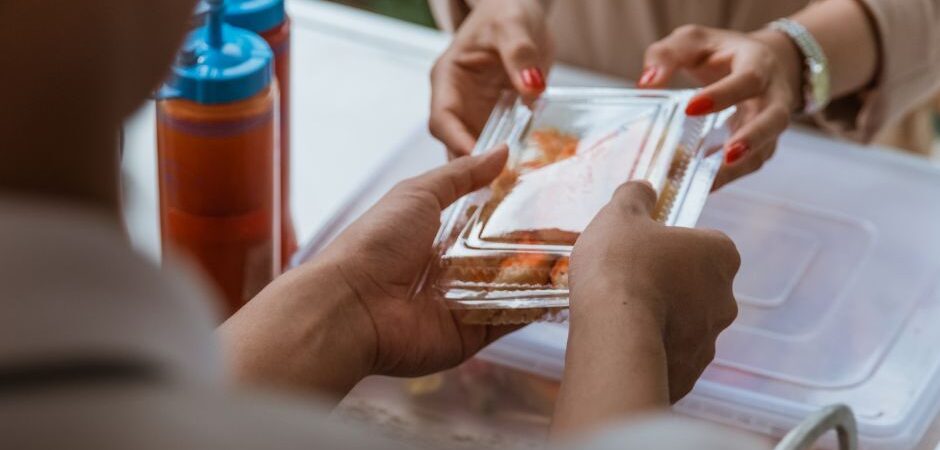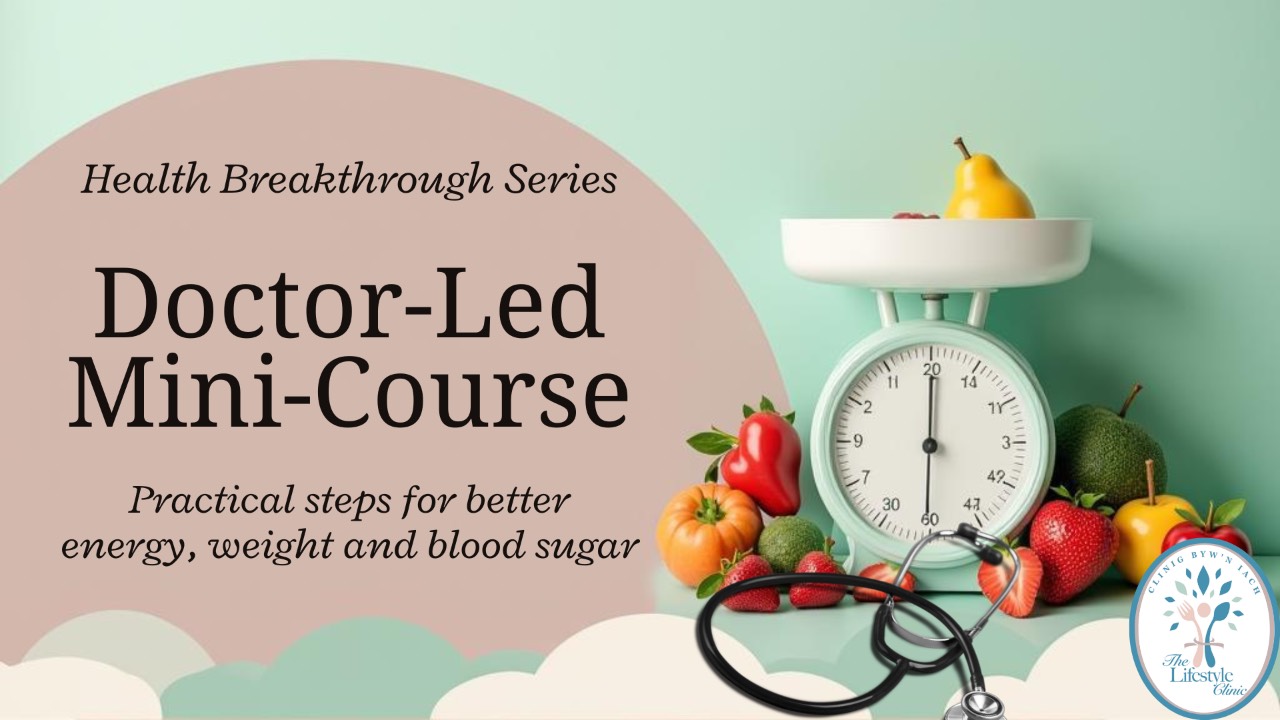
8 Myths About Type 2 Diabetes That Could Be Holding You Back
Aug 24, 2025If you’re reading this, you may have recently been told you’ve got high blood sugar, pre-diabetes, or even type 2 diabetes. For some, it comes as a shock after a routine blood test. For others, it’s the creeping signs — fatigue, thirst, brain fog — that finally bring them to their GP.
No matter how you found out, it’s natural to feel worried about what comes next. Will you need medication? Will it affect your independence? How will this change your life?
To make things even harder, there’s advice everywhere — from family, friends, the internet, and even leaflets in the GP surgery. Some of it is helpful, but much of it is confusing and contradictory. One person says “just cut out sugar,” another insists it’s all about calories, and someone else tells you to simply “eat healthily and exercise.”
No wonder so many people feel anxious, guilty, or overwhelmed.

After years of rushed ten-minute appointments, I created the clinic to give people real answers and practical support. Because what I’ve seen time and again is that people are being blamed for things that aren’t their fault, and given advice that doesn’t actually work.
The truth? You can take back control of your health. But first, you need to cut through the myths that keep so many people stuck.
In this blog, I’ll share the 8 biggest myths about type 2 diabetes — and what the science really says.
Myth 1: Diabetes is just about sugar
We’ve all heard it: “cut out sugar and you’ll be fine.” You might even have swapped biscuits for fruit or switched to sweeteners in your tea. But type 2 diabetes isn’t just about cakes and sweets. It’s about how your body handles all carbohydrates — bread, pasta, potatoes, even “healthy” cereals.
The key issue is insulin resistance. Over time, your cells become less responsive to insulin, and your body has to produce more and more of it. That’s when blood sugar levels start to creep up.
It’s not about perfection, or never enjoying a treat again. It’s about patterns — how often you eat, the type of carbs you choose, and supporting your body to become more insulin sensitive.
Myth 2: This is your fault
So many people feel guilty when they’re told they have diabetes. Maybe it’s a careless comment from a doctor, or a remark from a family member, that makes it feel like a failure of willpower. But let’s be clear: this is not your fault.
Blood sugar issues are shaped by hormones, stress, age, sleep, genetics, and years of unhelpful advice. You’re not broken. You’ve simply been given the wrong information — until now.

Myth 3: You’ll have to give up all the foods you love
Bread, potatoes, pasta, fruit, puddings, a slice of birthday cake — many people think diabetes means never enjoying these again. No wonder it feels overwhelming.
But the reality is, it’s not about strict bans. It’s about balance. What you do most of the time matters more than the occasional treat. With the right approach, you can enjoy food again without guilt or fear.
Myth 4: Once you have diabetes, it’s all downhill
You may have been told diabetes is “progressive,” that it only gets worse over time. But research — and real-life experience — shows this isn’t true.
Diabetes can be managed, improved, and even put into remission. No matter your age or how long you’ve had the diagnosis, your body can heal and change. I’ve seen people in their 60s, 70s, and even 80s reclaim their health.
Myth 5: Borderline diabetes isn’t a big deal
If you’ve been told you’re “borderline,” or in the pre-diabetes range, it’s tempting to shrug it off. But this is your early warning sign.
Think of it like the warning light on your car’s dashboard. You wouldn’t ignore it — you’d check under the bonnet before a breakdown. Pre-diabetes is your chance to make changes before things progress.
Myth 6: Tablets will sort everything out
Yes, medications are helpful, but they don’t address the root cause — insulin resistance. Tablets can lower blood sugar numbers, but they don’t make your body more sensitive to insulin.
Lifestyle changes around food, movement, stress, and sleep make a huge difference. Medication is a tool, not the full solution.
Myth 7: It’s too late to change
Maybe you’ve had diabetes for years, or you feel you’ve missed your chance. Please know this: it’s never too late.
Even after decades of high blood sugar, your body can still respond and improve. It’s not about turning back the clock — it’s about giving yourself more energy, more independence, and more years of feeling well.
Myth 8: You have to do this alone
Sadly, many people are left with little more than a printout from their surgery and vague advice to “lose weight.” That’s not support — that’s abandonment.
The truth is, you don’t need to do this alone. Support, community, and compassionate guidance are crucial. That’s exactly why I created The Lifestyle Clinic, so that people have somewhere to turn for real answers.

Final Thoughts
If you’ve been newly diagnosed with pre-diabetes or type 2 diabetes, you may feel anxious, guilty, or even lost. But please remember: this is not your fault. You have more power than you’ve ever been told. With the right knowledge and support, you can improve your health, regain control, and even put diabetes into remission.
Watch the full video here for more detail: 8 Myths About Diabetes You Need to Know
At The Lifestyle Clinic, we’re here to give you the tools, science, and support you need to thrive — not just survive.

